7 Benefits of Turmeric for Menopause Symptoms
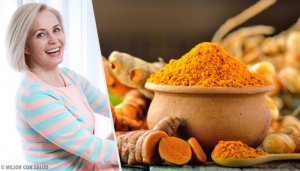

Reviewed and approved by the doctor Maricela Jiménez López
Have you heard about the benefits of turmeric for menopause symptoms?
Menopause is a significant phase in a woman’s life, especially in respect to her ability to have children. During this stage, women’s ovaries stop producing estrogen and progesterone.
Menopause usually occurs during the last few years of a woman’s forties and throughout her fifties. Post-menopause is the phase that takes place for the rest of their lives when they stop menstruating.
During menopause, various health problems can come about that are caused by the decreased production of hormones. Luckily, you have the option to decrease the discomfort. In this article, we’ll talk about the benefits of turmeric for menopause symptoms.
You might like to read:
Natural Remedies for Menstrual Cramps and Other Menstrual Problems
The Benefits of Turmeric for Menopause Symptoms
1. It has an anticoagulant effect
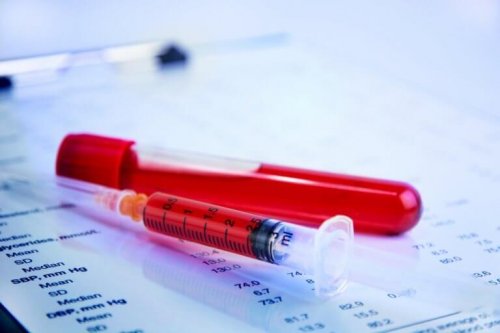
The first benefit of turmeric for menopause and post-menopause has to do with cardiovascular health. It’s well known that your heart health is affected during and after menopause, especially by coagulation conditions.
Although there are different types of drugs that can help fight these types of illnesses, they can also cause excessive bleeding or hemorrhages. Turmeric has an anticoagulant effect without any side effects.
2. Turmeric is rich in phytoestrogens
Phytoestrogens are derivatives of plants that simulate the body’s estrogen activities. One of the benefits of turmeric is its high quantity of phytoestrogens.
If your doctor has already given you estrogen substitutes, it’s possible that they are phytoestrogen-based supplements. A great alternative, in order to get these naturally, is by including a small amount of turmeric in your diet.
3. It fights pain

Menopause usually comes accompanied by various types of pain and inflammation. The most common types of pain are muscular pain and headaches, but they are not the only ones.
Luckily, one of turmeric’s benefits is that it helps to fight pain caused by inflammation. Its analgesic effect makes it perfect for the recuperation of movement without having to add extra medications to your daily life.
Among the pain that turmeric fights best are:
- Migraines
- Joint pain
- Muscular stiffness
Do not forget to read: 5 Natural Migraine Remedies to Soothe Pain
4. Turmeric fights depression

Even if you have been a very happy person your entire life, there is always the risk of depression that can accompany menopause.If you’re experiencing changes in your mood, you should know that another benefit of turmeric is that it helps improve your mood.
For some women, this change is very seriousness and is directly related to menopause. In other cases, it is a less biological change and more an adaptation to the new stage.
In any case, you should pay attention the symptoms of menopause in order to take the necessary measures. Among the symptoms that you should look at are:
- Trouble falling asleep
- Stress
- Hot flashes
- Constant desire to cry
- Feeling inferior
5. It fights hot flashes
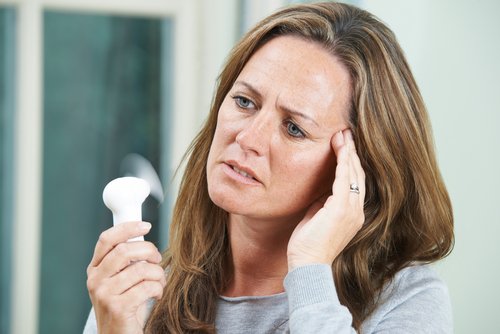
The majority of women that go through menopause experience hot flashes at least once. They are basically a feeling of extreme heat that last for a few moments.
These will make you feel palpitations and will cause you to sweat excessively. The cause of this problem is the decrease in estrogen levels.
One of turmeric’s benefits is that it is rich in antioxidants and phytoestrogens that fight the appearance and frequency of hot flashes.
6. Turmeric reduces your risk of infections and incontinence
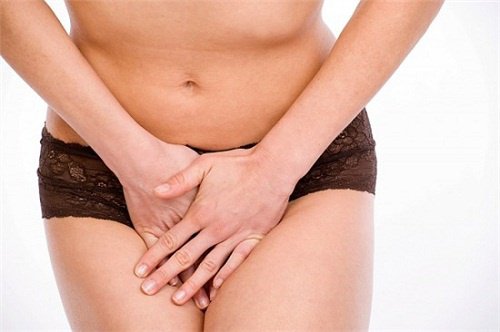
During menopause, the reduction in estrogen and vaginal atrophy increases your risk of suffering from vaginal infections.
Once you enter menopause and post-menopause, it’s normal to experience irritation, itching and abnormal vaginal secretion. It’s also possible that you will start to have urinary incontinence.
Among turmeric’s benefits, it contains antimicrobial, anti-fungal and anti-inflammatory properties. In fact, turmeric is one of the most recommended natural remedies for fighting this problem.
7. It reduces breast pain and the risk of breast cancer
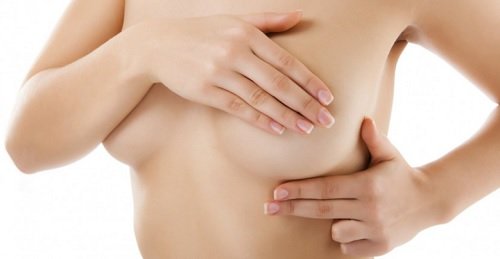
Hormone levels can influence the development of breast cancer during and after menopause. One of turmeric’s benefits is that it reduces the risk of suffering from this illness.
Remember that you should pay attention to any symptoms, among them are:
- Breast pain
- Discomfort
- Small bumps
In this sense, the effect of turmeric for menopause helps to inhibit the growth of cancerous cells. That’s why it’s recommended that you consume a little turmeric if you’re going through cancer treatment.
Also, some phases of treatment can cause nausea. This can also be eliminated with the help of turmeric.
Take Advantage of Turmeric for Menopause and Post-menopause
Now that you know these benefits, surely you have more reasons to include turmeric in your diet. There are many options and one will definitely work for you:
- Add 1 teaspoon (5 g) of turmeric powder to your green smoothie
- Take a turmeric pill in the morning
- Add a 3 cm piece of turmeric to your smoothies
All cited sources were thoroughly reviewed by our team to ensure their quality, reliability, currency, and validity. The bibliography of this article was considered reliable and of academic or scientific accuracy.
- Aggarwal BB, Harikumar KB. Potential therapeutic effects of curcumin, the anti-inflammatory agent, against neurodegenerative, cardiovascular, pulmonary, metabolic, autoimmune and neoplastic diseases. The International Journal of Biochemistry & Cell Biology 2009; 41 (1): 40-59. Available at: https://doi.org/10.1016/j.biocel.2008.06.010. Accessed 01/27, 2019.
- Kim DC, Ku SK, Bae JS. Anticoagulant activities of curcumin and its derivative. BMB reports 2012; 45 (4): 221-226. Available at: https://doi.org/10.5483/BMBRep.2012.45.4.221. Accessed 01/27, 2019.
- Liu D, Chen Z. The effect of curcumin on breast cancer cells. Journal of Breast Cancer 2013; 16 (2): 133-137. Available at: https://www.ncbi.nlm.nih.gov/pmc/articles/PMC3706856/. Accessed 01/27, 2019.
- Lopresti AL, Maes M, Maker GL, Hood SD, Drummond PD. Curcumin for the treatment of major depression: a randomised, double-blind, placebo controlled study. Journal of Affective Disorders 2014; 167: 368-375. Available at: https://doi.org/10.1016/j.jad.2014.06.001. Accessed 01/27, 2019.
- Salmazi R, Calixto G, Bernegossi J, dos Santos Ramos MA, Bauab TM, Chorilli M. A curcumin-loaded liquid crystal precursor mucoadhesive system for the treatment of vaginal candidiasis. International Journal of Nanomedicine 2015; 10: 4815. Available at: https://www.ncbi.nlm.nih.gov/pmc/articles/PMC4525803/. Accessed 01/27, 2019.
This text is provided for informational purposes only and does not replace consultation with a professional. If in doubt, consult your specialist.








